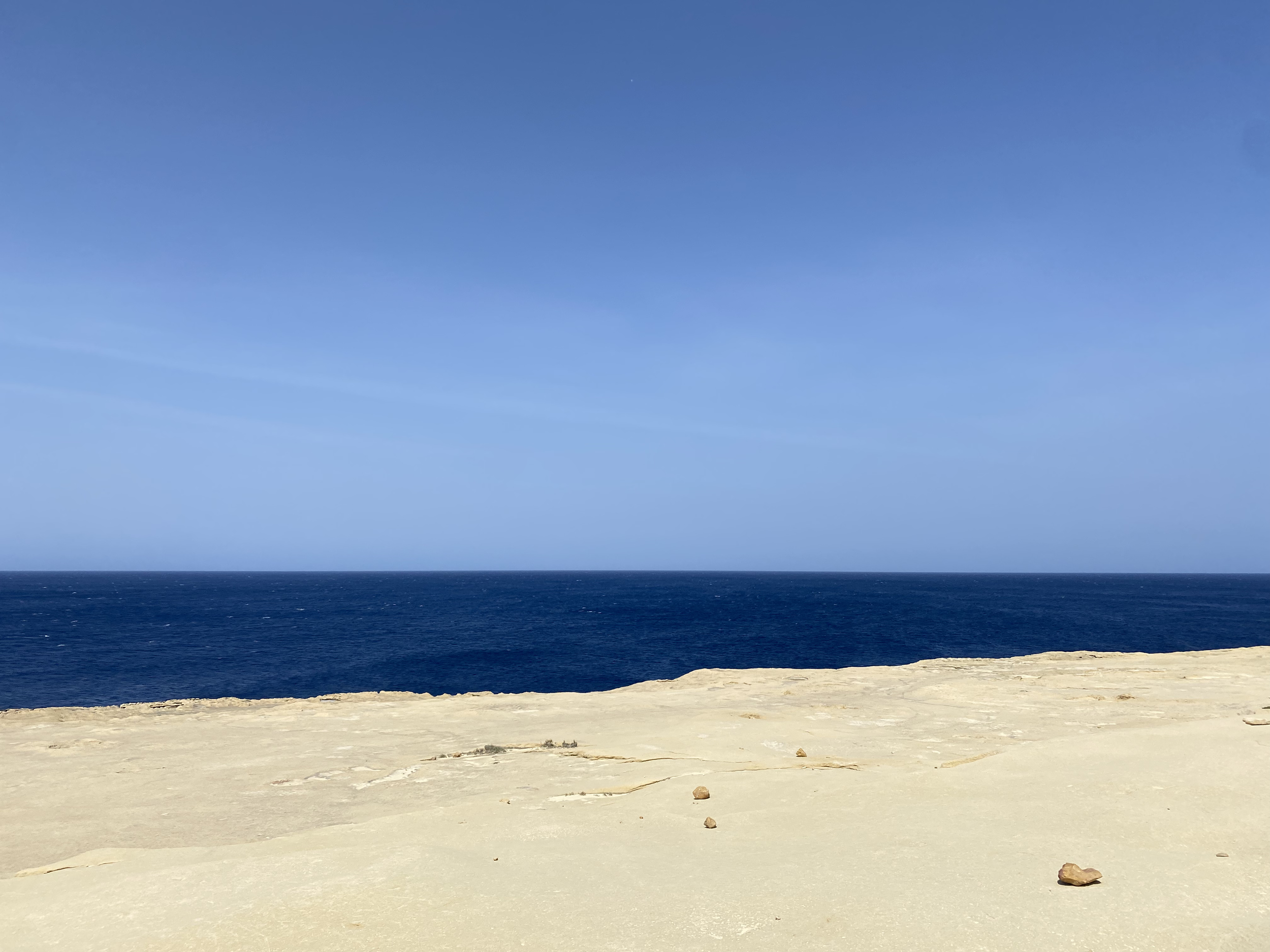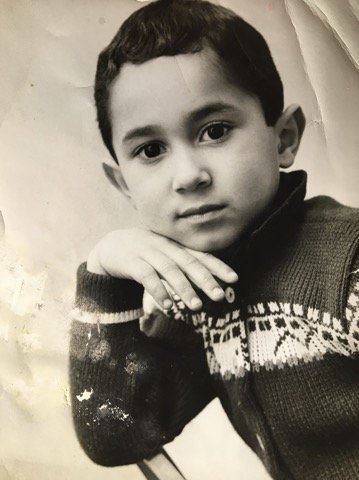
David ‘Remi D’ Remilekun
Author and Founding Artist
Who is David?
Jazz philosopher, novelist, musician, storyteller, educator: David is the visionary founding artist behind Abracadia.
London Jamaican Judah Maroon.
Raised in care. Multiple survivor of some heavyweight imponderables.
Child carer for heroin (speedball) addicted single adopted parent from age 9.
Jazz insider nightlife child, dodging danger, running wild.
Expelled from school at 15 for breaking the cane. With no qualifications, David passed the higher rigours of London streetlife with flying colours.
After seven years as international underworld apprentice, David decided to change track: He trixed his way back into education and scored a first class honours degree in philosophy at one of England’s most prestigious universities. His subsequent Masters and Doctoral theses were both awarded distinctions. They were altogether the easiest things he’d ever had to do.
David has never considered himself an academic, as soul has always figured more than cold cleverness in his work. He has always shunned academia due to the tyranny of mediocrity among its ranks. He has bigger fish to fry.
David is very much the real deal with something valuable and important to share.
His birth parents both had four different surnames during phases of their lives. David inherits that tradition of fragmented identities and fractured stories so common among displaced, dispossessed and mixed ‘colonised’ peoples: Many a name has been awarded to him along the way: Dr T, Pablo Maroon, Remi D and The T’cha among them. They form his name wardrobe.
Jazz is primarily a way of life and an attitude to life, so is Rasta Reggae. David also lives his art in daily life, so in a way he is a ‘performance artist’ too.
The artist is a mirror, reflecting the perspectives and perceptions of those interacting with the art. And they are a transgressor because they break down the barriers between self and other, giving a sneak-peek of that higher unified reality. Like anyone, David is a bit of everything, maybe including a bit of you.
In some ways David is self-defining; but he never forgets that ultimately we are all defined by our impact on others. The Buddha says we do not exist from our own side, only from the side of others. Ubuntu teaches us that we are defined (‘I am’) by our relation to others (‘because we are’). That’s why David is an educator and artist: knocking down walls that divide us and using the bricks to build bridges that connect us.
Repeatedly blasted with trauma and loss, David has a strong sense of purpose and mission based on authenticity and social justice: His music and writings aim to help advance humanity’s healing from the Western colonial legacy of serial genocide.
The works of David signify another step towards the inevitable realisation of our human potential to transform our world with wisdom: in peaceful, just, positive and constructive ways, through cultural action for Ubuntu.
David on Story
The stories of our Global Majority Ancestors have not been recorded or maintained to anything near a satisfactory level due to the long standing colonial mentality that demeans and denigrates them. They are vital to our survival as descendants of the Americas holocaust and to the mental health and social wellbeing of all.
For lack of our stories, humanity and planet alike are now at point of apocalyptic collapse designed by those who live as gods on earth: the holocaust-perpetuating elites of the West. Hence the importance of the debut novel, ‘The Songtree: A Windrush Tale’: a novel that turns the tide.
Surviving remnants of colonised indigenous cultures often contain important ancient knowledge encoded in music and song. Traces of what was vouchsafed to young David by some key elders of the Jazz world can now be discovered in the pages of ‘The Songtree: A Windrsuh Tale’ - for those who know what it looks like when they see it.
Even my own story in and outside of the Jazz world is quite an eye opener: from griot roots to the ‘Treesongs’ tip of ‘The Songtree’ now flowering. Are the Ancestors really with us? Is epigenetics real? Am I a musician and writer because of my griot Ancestry? Nature?
But my story has hinged on paths crossed with some mighty but gentle souls, including three of the wisest mentors who gave me the most: Paulo Freire, Johan Borgen and Art Blakey. And the man I called dad, a good man tragically hollowed out by a lifetime of waste that you’d have read the novel to believe, but who was constantly amazed and privately pleased that I could always survive by my own wits. Without him I’d never have known the Jazz world and without such mentors would not have been the man I am today. Am I a writer and musician because of the people I met? Nurture?
David on Music
Music has long been the last bastion of cultural resistance against the Americas Holocaust. It encompasses an Ancestral tradition that has endured 500 years: Worksongs, Spirituals, Gospel, Jazz, Blues, Soul, Reggae, Samba, Hip-Hop, Rock’n’Roll and more.
From generation to generation the beat goes on: Rebel heartbeat piercing night with rhythm of the drum.
It was a privilege for me to be raised among the pioneers of London’s mixed-urban music scene (Jazz, African and Reggae), immersed in the circles of Tubby Hayes, Ginger Johnson, Bob Marley and all. The debut album, ‘TreeSongs’, honours that legacy by passing on that pioneering spirit to the next generation in turn.
David on History
The Americas holocaust is never denied by the indigenous First Nation Americans or the trafficked African kidnap victims enslaved by it; it is only and always denied by its beneficiaries and those who seek to maintain the privileges derived from it.
With Africa’s struggle for freedom moving into exciting uncharted territory, now is the time for what was passed on in darkness to be revealed into light.
History is just how we naturally transform our world and build our future here on earth. Abracadia’s way of doing that is by cultural action: words and music.
Abracadia’s historical purpose is to contribute to the rising tide of pan-Afrocentric Ubuntu. Constructive, anti-war and non-dualist, we do not advocate violent resistance against violent oppressors, nor do we assume adversarial status.
Africa, source of humanity, whose wisdom is most ancient. Ubuntu removes any grounds for conflict by respecting the principle of symbiosis between different cultures and values in our global-village eco-system. It flows in stream with the grain of human history.
At root, empire is an anomaly; the village is the norm: how all indigenous aboriginal peoples live and always have done. Africa’s 21st century cultural renaissance hails village-Africa’s rebirth from the waters, restoring the natural order of Ubuntu for life to thrive. Lumpy paradise or paved dystopia: now we are free to choose.
David as author: In the footsteps of …
Who are the main literary influences behind David’s writing? A simple question to answer; we’re all influenced by those we enjoy most:
Going up through the ages: The African Homer, taken as a prisoner of war by Greeks 3,000 years ago and blinded. Then, just 500 years ago, the African Israelite Amelia Bassano, the actual pen behind the works of ‘Shakespeare’.
Moving up through the centuries from then: some of The Metaphysicals like Donne and Vaughan. Then Blake, Dickens, Dostoyevsky. All discovered as a teen and returned to many times since.
20th century-wise: as a teen David enjoyed Kahlil Gibran and Wilfred Owen, plus James Baldwin, Chester Himes, Raymond Chandler and Damon Runyan. And one-offs like ‘Last Exit To Brooklyn’ and ‘Ringolevio’. And Marcus Garvey, MLK, Huey P Newton, George Jackson, Eldrige Cleaver: all stuff he could understand and relate to. But it wasn’t only books; David spent a lot time immersed in the spoken word albums of Lenny Bruce and Lord Buckley too.
Past teen years David began reading mythologies and traditional tales from all cultures: spoken word legacies with no given author as such, just the world store of accumulated human wisdom.
As an adult David has enjoyed bits of Umberto Eco and Elmore Leonard. And all of Phil K. Dick. He’s also read and studied a fair bit of philosophy and psychology, e.g. Plato, Berkley, Hume, Husserl, Wittgenstein, Nietzsche, Jung, and Joseph Campbell.
Remi D as musician: On the shoulders of …
Remi D’s musical influences are simple to say: Jazz, Reggae and West African.
He did a lot of his growing up in the music world and absorbed a lot of musical influences first hand, quite literally from the time he learned to walk and talk.
Remi D holds that song preceded speech, so immersion in music from infancy enables maximum absorption.
There’s a long list of direct and indirect musical influences in the blog, or on the podcast if you prefer more anecdotes with it. Right now all we’ll say is Remi D insists on the very best in music.
He knows what a great virtuoso can do. As a kid at home and in hotels he’s stood beside a piano while Errol Garner rocked it, beside a vibes while Milt Jackson melted it. He’s endured years of Tubby Hayes’ night-long horn on fire, or was it Paul Gonsalves’ or Bobby Wellins’ or Sal Nistico?
Nope. It was all of them. And, yeah, many more besides. And that’s just on the jazz side. He has stood there so often with so many greats in jazz and in reggae too, and he has listened and watched, and he has wondered. Remi has wondered a lot. And much of that wonder comes out in his music.
Remi D is no great virtuoso like Errol or Milt or Tubby. To play like that takes years of devoted study, and Remi chose to put his effort into breaking out of the music world he was raised in instead of trying to break into the big time. He’s no divinely gifted singer like Donny Hathaway or Otis or Sugar Minott or Michael Prophet either. Remi is just a nurtured natural who can’t help what comes out.
Most players who coached and mentored the young Remi D stressed the importance of practicing formal disciplines. Guys like Victor Feldman, a Grand Master of the old skool. But Remi preferred Phil Seaman’s different approach, and in some ways Phil may have been one of Remi D’s biggest influences: He taught Remi to put the techniques behind opening up to (and expressing) the elemental feelings that life is made of.
It’s probably due to Phil’s influence that Remi focuses so much more on musical feeling and intuition than on technique. All recordings feature a strong element of improvisation to capture the fluid truth of the moment. He enjoys the enlightening surprises of what comes out in recording sessions. To work with that level of freedom it helps if making music is as natural as walking and talking. With Remi D it is.
Every musical phrase he plays is a spontaneous and authentically meaningful statement about the experience of being human. You can hear it clear as words and see the pictures: smiling, laughing, skipping, flipping, leaping, crying, weeping, sighing …
That’s what Jazz is all about, but since the heavenly humming of Bird’s bebop everyone’s been fixed on doing it at warp speed. Too much too fast. Trane was on the right track, we do need to take it deeper not faster. Remi D has his own simple way of doing that: humble, honest and natural, loaded with musical ideas and packed with feeling.






